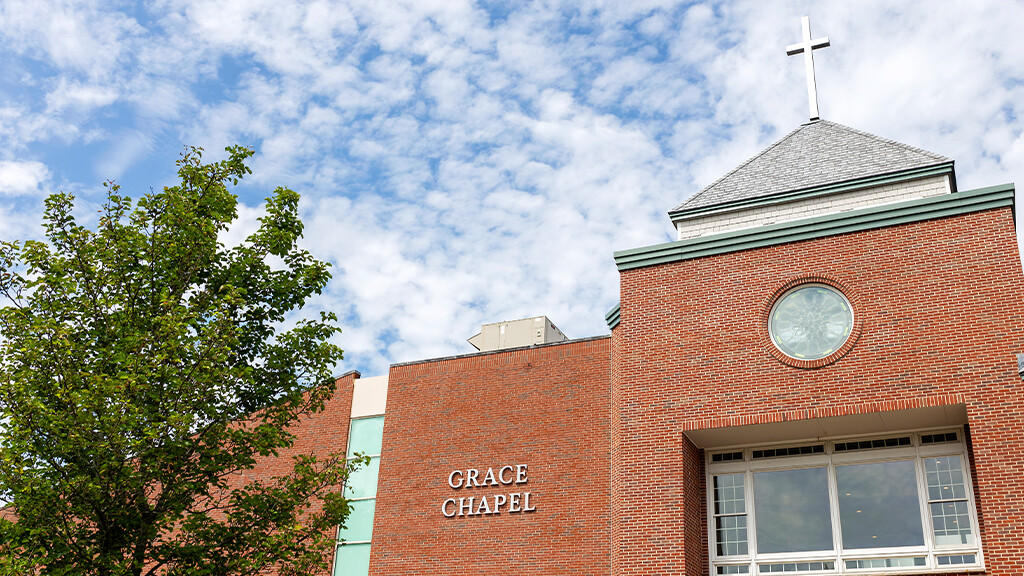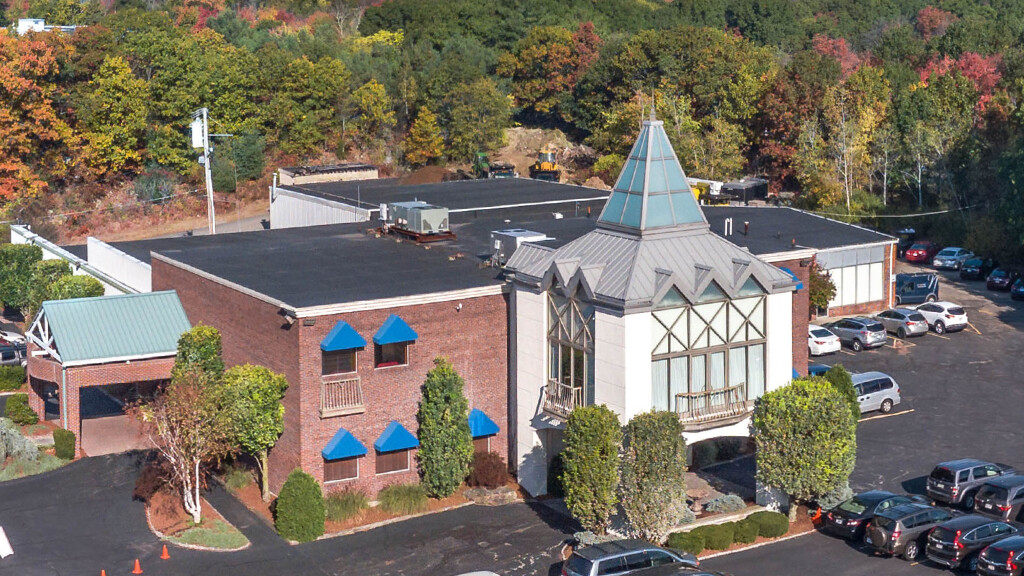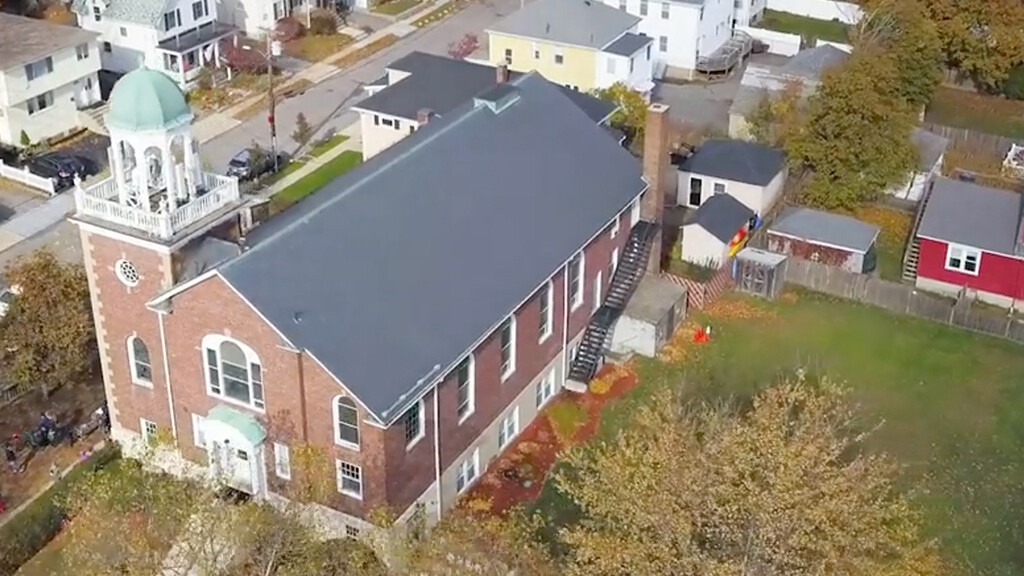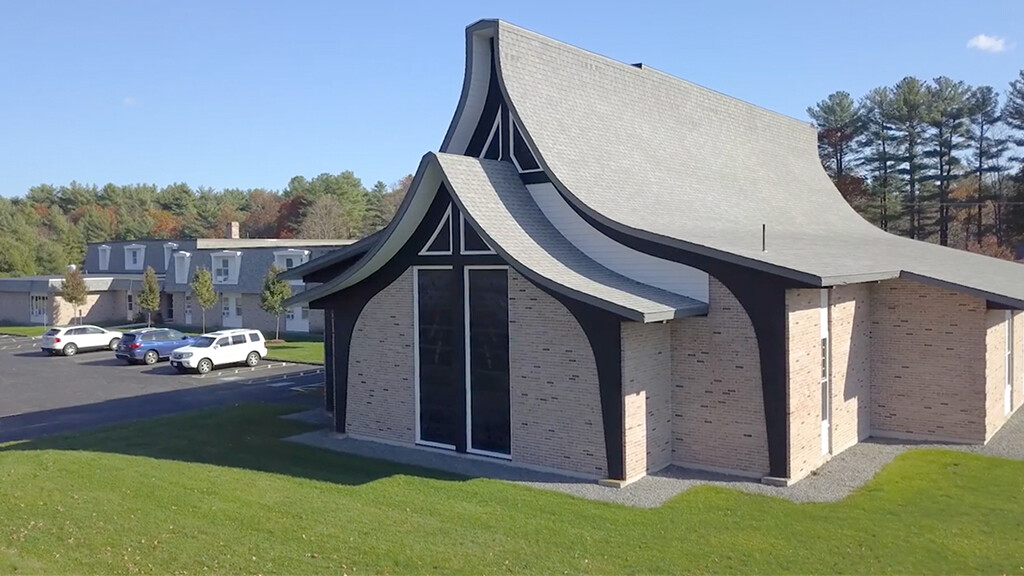
What Does it Mean to be "Anti-Racist?"
Words have power. Whether we speak or we stay silent makes a big difference. But what makes just as much of an impact is which words are chosen.
Something that I find very important in terms of being an advocate for racial reconciliation is the words that we choose to say right now. And a phrase that I find to be central to this time is a new word for many people- antiracist. You may have seen this word on social media or even in the statement that Grace Chapel put out last week, hosted on grace.org/antiracism, I want to explain why I find that word choice necessary.
For this, I really have to thank the book “How to Be an Antiracist” by Ibram X. Kendi. This work has shaped the way I think and view and talk about race. I am very grateful for it, and if you’ve already spent some time looking into systemic racism and are looking for something that will challenge you, I highly recommend this book. The first chapter is spent explaining this term. You see, we accuse people of being racist, and some people actually are racist. But when other people defend themselves, they will frequently say, “I’m not racist”. This makes it sound like you can either be racist or “not racist,” and Dr. Kendi rejects that this is the dichotomy. To be “not racist” is not helpful. For someone to claim that they are “not racist” is to try to be impartial in an environment where being impartial is not an option. There are indeed only two options: you can either be perpetuating racial prejudices (actively or passively) as a racist, or you can be actively working to counter prejudice as an antiracist. As Christians who are seeking justice, and believe that God made all people equal, we should see that being antiracist falls in line with the biblical demands that we care for the oppressed, and bind up the brokenhearted.
One more thing about word choice. There is a big difference between saying “I support Black Lives Matter” and saying “I am an antiracist.” The first statement is a value statement and tells people about what you believe, but the second statement is an identity statement and speaks to who you are. I know that many of us are worried that we are hopping onto a bandwagon and that we won’t see lasting change. Saying that you support the Black Lives Matter movement won’t mean a whole lot when that movement has faded away, but to say that you are an antiracist will mean just as much in five years as it does right now.
We are on a journey as a community of faith and as a country. No matter how far along the road you are, you can make the decision to move from the impartial word choice of “not racist” to the posture of being an antiracist. If this sparked something in you, or you have questions that you’re burning to ask me, let me know by emailing me- . This is a difficult road that we are trying to walk, but we are all in this together.






